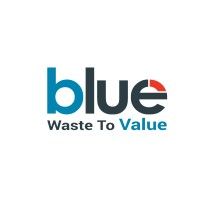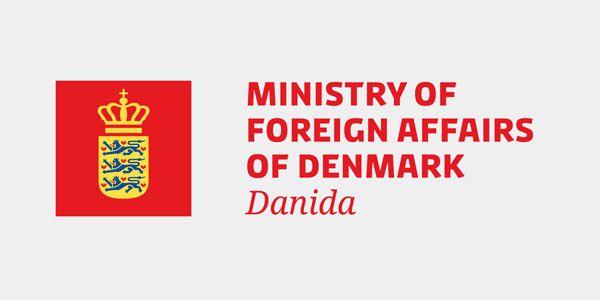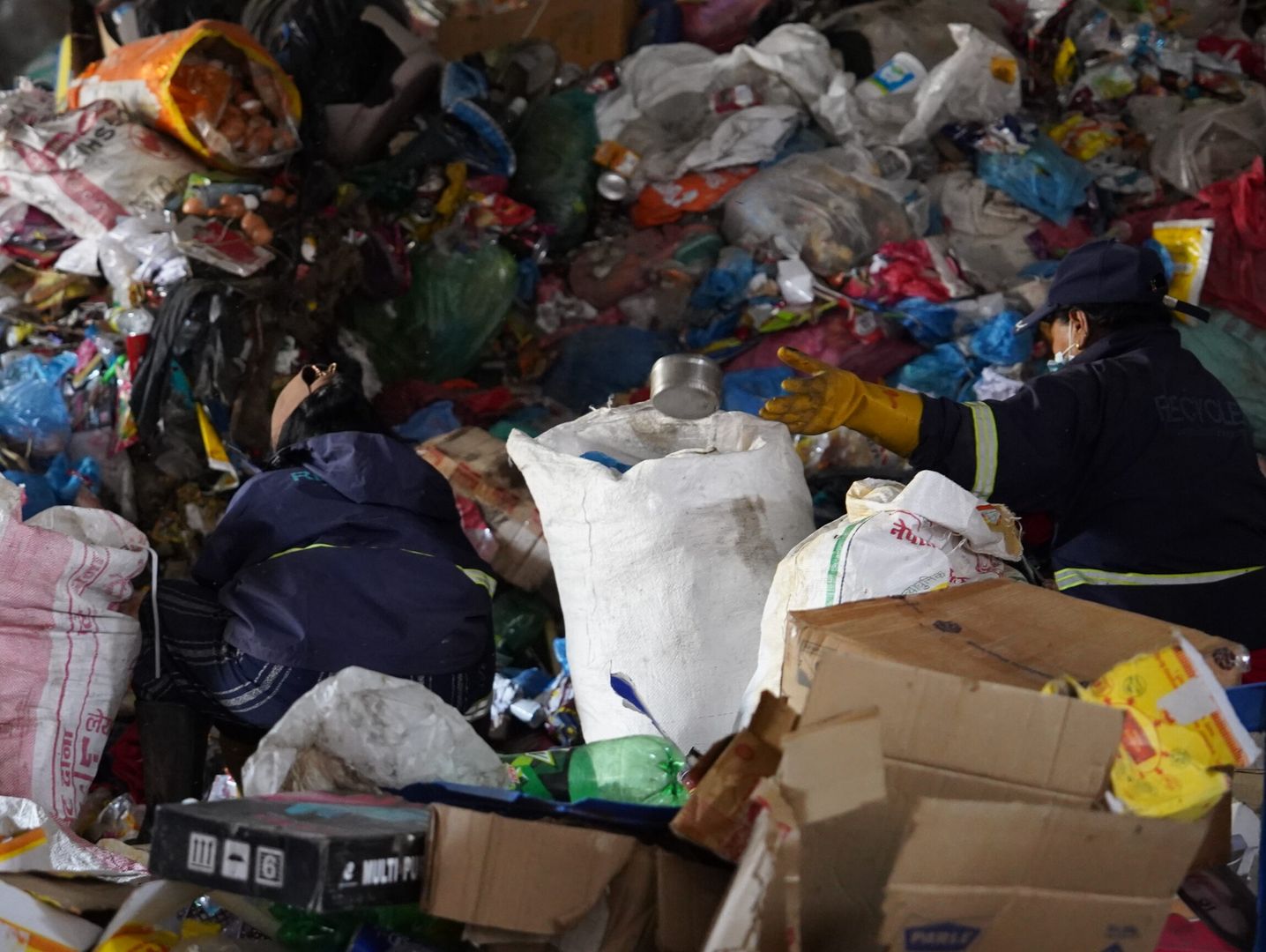The Issue
Excessive food waste in urban Nepal has profound social, environmental, and economic consequences. Despite resource shortages, cultural norms surrounding hospitality and traditional rituals lead people to lavish guests with expensive food to demonstrate social status resulting in hotels and banquets preparing excessive amounts of food and the surplus being wasted.
The project aims to address the issue of food waste, which is currently impacting multiple stakeholders in Kathmandu.

Due to the rapid generation of organic waste, Kathmandu Metropolitan City (KMC) has been struggling to collect and manage waste effectively, causing significant pressure on landfill sites.
Additionally, the hospitality sector faces challenges in managing food waste because of the municipality’s inability to collect organic waste in a timely manner.
Meanwhile, poor urban populations, especially street children, suffer from a lack of access to food and the unmanaged food waste dumped in streets and rivers has created serious environmental and public health problems.
To reduce the burden on landfill sites and support the circular economy, the zero-waste cafe approach was initiated with the social enterprise Blue Waste To Value (BW2V) to separately store the excessively cooked food and redistribute it to feed the underserved, preserving its nutritional value and contribute to income generation.
The Project
The project will engage multiple stakeholders (Kathmandu Metropolitan City, Hotel Association of Nepal, Department of Food Technology and quality control) to address food waste and promote a culture of sustainable food consumption and ensure food quality. A zero-waste café model will be piloted that operates on the principles of reuse and recycling.
The intervention offers the possibility of food waste reduction from starred hotels, provide food to urban poor at an affordable price and develop a culture of sustainable food consumption.
The idea is to develop awareness among citizens to adopt waste reduction practices, reuse and recycle where possible. This approach will gradually and steadily improve people’s lives, alleviating the burden of the city’s complex waste management challenges.
The initiative embraces the concept of “Right to Food” and “No to Food Waste” promoting community responsibility to practice sustainable consumption practices and to inform the potential consumers about the type and quality of food.
The Change
This intervention will introduce a system for the safe and hygienic collection of surplus cooked food, which will then be redistributed to targeted beneficiaries such as orphanages, old age homes, and vulnerable groups like street children.
Alongside food redistribution, the stakeholders and citizens will be aware of responsible food consumption, promote waste reduction practices, and encourage the valuing of materials that were previously discarded.
Through this initiative, the project is expected to:
- Reduce the volume of organic waste burdening the municipality and hospitality sectors.
- Improve food access for the urban poor and underserved population.
- Mitigate environmental and health risks associated with unmanaged food waste.
- Foster a culture of sustainable consumption and support the principles of a circular economy in Kathmandu.
Partners
Institute for Social and Environmental Transition (ISET) Nepal is a non-profit organisation which aims to build a society capable of addressing social and environmental challenges through innovative approaches and sustainable solutions. It works to conduct research and hold interactions on subjects related to environment and social development to enhance the capacity of youth through education, training, and interactions at the local, regional and national levels.

Blue Waste To Value (BW2V) is a social enterprise dedicated to creating value from waste by promoting, recycling and reducing the amount of waste sent to the landfill sites and creating green jobs. Since its inception in 2014, BW2V has focused on inclusive development, through Government Public-Private Partnership and to encourage partnerships with like-minded individuals, organisations and commercial establishments to introduce sustainable waste management practices.

About this project:
- Full title: Piloting Zero Waste Cafe in Nepal
- Timeline: 01/01/2025 to 31/12/2026
- Partner(s): ISET Nepal and Blue Waste to Value
- Amount: 120,000$
- DCA Theme: Build Resilient Communities
- Expected number of people reached: Potential stakeholders managing child orphanage homes and old age homes
- Donor(s): Danida


